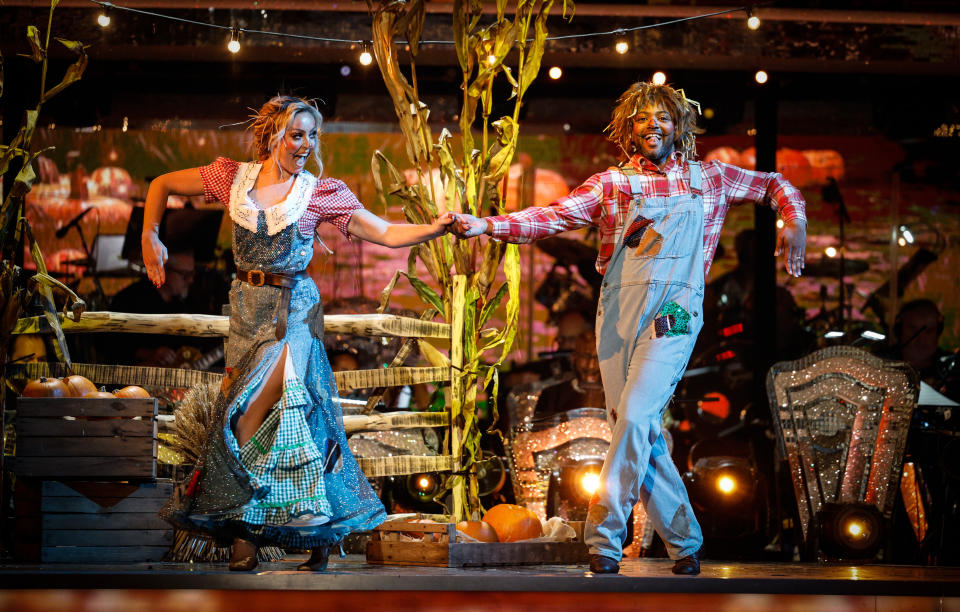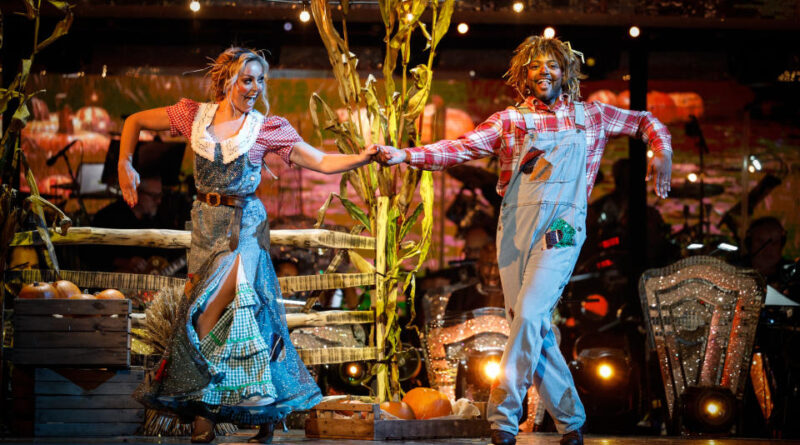5 things your body can tell you if you faint after a workout
Exercise has many health benefits, but it shouldn’t make you feel faint afterwards, especially not regularly.
On Saturday night, Amy Dowden reportedly fell backwards on Saturday night after performing on Strictly Come Dancing with her JLS partner, JB Gill.
It was reported that shortly after the live show, Amy began to feel unwell and an ambulance was called to take her to a nearby hospital for evaluation.
The 34-year-old dancer has been battling breast cancer for nearly two years, giving the all clear in February 2024 after chemotherapy and a mastectomy.
Feeling light-headed after a workout isn’t normal, according to Peloton, but it certainly shouldn’t be how you feel after every workout, and it could be a sign of that your body is tired and needs care. Dr Frankie Jackson-Spence (@drfrankiejs) explains: “A mild syncope is a temporary loss of consciousness that resolves quickly, usually due to reduced blood flow to the brain due to a drop in blood pressure. . Some people feel dizzy, sick. or the leading light dies.”
If it’s a one-off, Dr Jackson-Spence says it’s not something to worry about long-term, but could be a sign that your body needs something, for example food, more water or rest. If you can identify the cause of the exercise, then Dr Jackson-Spence says returning to exercise is fine, as long as you build it up slowly.
However, if episodes of fainting occur frequently, it is important to consult your doctor, before continuing your exercise routine. Here are 5 common reasons you may faint after exercise:


Extreme effort
Sometimes it’s good to stretch our abilities, strive for a new PB in a 5K or lift more weight, but it has to be done carefully. Dr Jackson-Spence says: “When we exercise we must increase cardiac output – the amount of blood our heart pumps around the body every second to supply our working muscles with glucose and oxygen. ” If you push beyond your physical capacity you can overexert yourself and pass out, so it is important to monitor your vital signs such as heart rate and respiratory rate during exercise.
Dehydration
Drinking enough fluids is just as important as watching your diet when it comes to maintaining a regular exercise routine. The most common reason people pass out after exercise is dehydration because they haven’t drunk enough fluids before, during or after exercise. Dr Jackson-Spence explains: “During exercise, water and electrolytes are lost from the skin through sweat and these need to be replaced to maintain blood pressure.” That’s why athletes who run marathons or do triathlons take water with them during their training to stay hydrated throughout the endurance activity.
Low blood glucose
Even non-diabetics can experience low blood pressure especially during exercise, as Dr Jackson-Spence explains “exercise uses up more sugar in our blood, so , sometimes sugar can drop if it is not eaten before exercise, or enough energy. It is important to make sure that you eat a lot before or after intense exercise keep your body working efficiently.
A warm place
Sometimes fainting can be caused by the environment you are in, as your body overheats when it is hot or humid. Dr Jackson-Spence adds: “Dehydration plays a part, but even in the heat, our blood vessels vasodilate and this can affect blood flow around the body and brain. ,” Dr Jackson-Spence adds. Try to avoid working during the hottest part of the day, and even use a fan to cool the area or rest if you feel too hot.
Shortness of breath
Proper breathing is important during exercise to keep your heart rate steady with enough blood reaching your heart. If you don’t breathe deeply during exercise, it can also make you faint. Dr Jackson-Spence calls this “vasovagal stimulation” which is when you don’t breathe properly when you exert yourself (such as lifting heavy weights or vigorous dancing) and this “can reduce the return of blood to the heart” and ending in a faint.
Read more about Amy Dowden’s health:
#body #faint #workout
